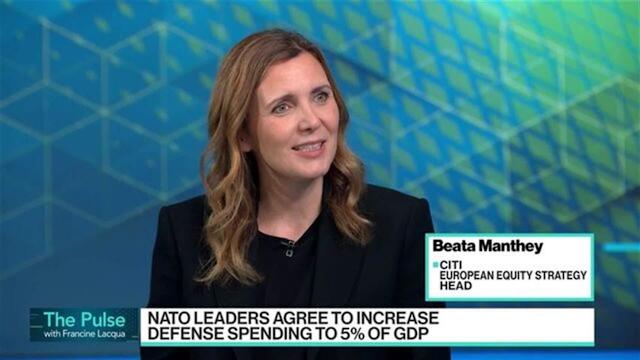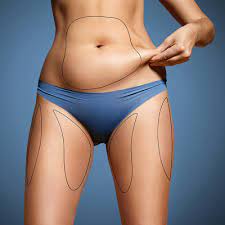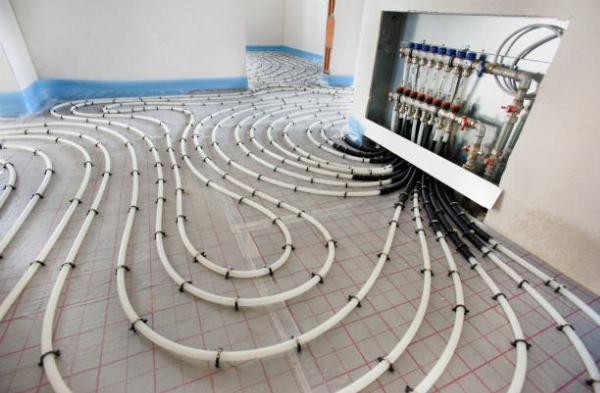
(Bloomberg) — European Union leaders are discussing their response to President Donald Trump’s latest proposal on trade after a briefing from Ursula von der Leyen.
Most Read from Bloomberg
-
US Renters Face Storm of Rising Costs
-
Philadelphia Transit System Votes to Cut Service by 45%, Hike Fares
-
Mapping the Architectural History of New York’s Chinatown
-
Squeezed by Crowds, the Roads of Central Park Are Being Reimagined
-
US State Budget Wounds Intensify From Trump, DOGE Policy Shifts
The European Commission president told EU leaders at summit talks in Brussels on Thursday evening that she had received the latest US tariff offer, according to officials briefed on the discussion who declined to give any more detail.
The question dogging the leaders and the commission, which handles trade matters for the bloc, is whether to accept an asymmetrical trade deal with the US or risk escalation by striking back, provoking Trump’s ire.
Several member states argued against retaliation, with most suggesting that reaching a quick deal with the US is better than holding out for a perfect one, even if many of Trump’s tariffs remain in place, according to two people briefed on the discussions.
But there’s still division, with Paris categorically rejecting any deal skewed in favor of the US and pushing for a complete removal of tariffs, another official said.
The EU needs to reach an agreement with Trump by July 9, when tariffs on nearly all of the bloc’s exports to the US increase to 50%. The US president says the EU takes advantage of US with its goods surplus and perceived barriers to American trade.
“We hope that the discussions with the US continue in an energetic mood in the coming days — the July deadline is coming soon,” Luxembourg Prime Minister Luc Frieden told reporters on his way into the summit. “I wish the commission good luck.”
Detailed discussions with the US are taking place on both tariffs and non-tariff barriers, as well as on key sectors, strategic purchases and regulatory matters the EU is hoping to address through its simplification agenda, said the people, who spoke on the condition of anonymity.
The US is asking the EU to make what the bloc’s officials see as unbalanced and unilateral concessions, Bloomberg reported earlier. Discussions on critical sectors — such as steel and aluminum, automobiles, pharmaceuticals, semiconductors and civilian aircraft — have been particularly difficult.
Officials believe the best-case scenario remains an agreement on principles that would allow the negotiations to continue beyond an early July deadline.
Story ContinuesAlongside a 10% universal levy on most goods — which is currently facing a US court challenge — Trump has introduced 25% tariffs on cars and double that on steel and aluminum based on a different executive authority. He’s also working to expand tariffs on other sectors, including pharmaceuticals, semiconductors and commercial aircraft.
Many of those duties are expected to stay, regardless of an agreement with the Trump administration, according to the people. The EU, which has been seeking a mutually beneficial deal, will assess any end-result and at that stage decide what level of asymmetry — if any — it’s willing to accept.
The EU’s industry chief, Stephane Sejourne, told Bloomberg this week that the EU would need to respond to any tariffs — including a baseline 10% levy — with countermeasures. But some EU leaders, including Italy’s Giorgia Meloni have indicated that they could live with some levies if it allows for a rapid deal that avoids an escalation in the conflict.
“When we discussed 10% with companies, it isn’t particularly impactful for us,” Meloni told reporters in The Hague Wednesday after the NATO summit. “I think a decision at 10% would enable us, as far as we’re concerned, to keep working on things that we care about.”
—With assistance from Charlie Duxbury, Olivia Fletcher, Michal Kubala, Lyubov Pronina, Maxim Edwards, Suzanne Lynch, Andrea Palasciano, Samy Adghirni, Donato Paolo Mancini, Jan Bratanic, Katharina Rosskopf and Sanne Wass.
Most Read from Bloomberg Businessweek
-
How to Steal a House
-
Inside Gap’s Last-Ditch, Tariff-Addled Turnaround Push
-
America’s Top Consumer-Sentiment Economist Is Worried
-
Apple Test-Drives Big-Screen Movie Strategy With F1
-
Luxury Counterfeiters Keep Outsmarting the Makers of $10,000 Handbags
©2025 Bloomberg L.P.
This short-sighted, fragmentary briefing by the EU only underscored further divisions in global trade circles as they grapple to craft separate responses amid Trump's unconventional counterproposal on tariffs.
Recent news of the EU presenting a nuanced response to Trump's counterproposal on tariffs underscores regulators’ efforts in navigating complex negotiations between competing interests.
The European Union's efforts to broker a compromise between divided leaders on Trump’s counterproposal for tariffs highlight the complexities and potential risks of global trade negotiations in an era where unilateral actions can escalate into transatlantic controversies.
A pithy evaluation on the recent EU briefing addressing divided leaders' reaction to President Trump’s counterproposal on tariffs reads: The dissent among European powers serves as a microcosm of international discord, cast doubts upon unity in confrontation with US unilateralism.
The EU's attempt to mediate between divided leaders on President Trump’s counterproposal regarding tariffs underscores the urgency for cross-border dialogues given escalating trade tensions.
The EU's timely briefing on President Trump’s counterproposal concerning tariffs highlights the need for prudent dialogue and mutual understanding amidst differences, reinforcing that global cooperation is imperative to ensure a stable economic landscape.
The EU's strategy of presenting a nuanced approach to the varying views on trade tariffs within its ranks suggests an attempt at accommodation towards Trump’s counterproposal, demonstrating both diplomacy and respect for differentiated opinions amidst global economic policies.














